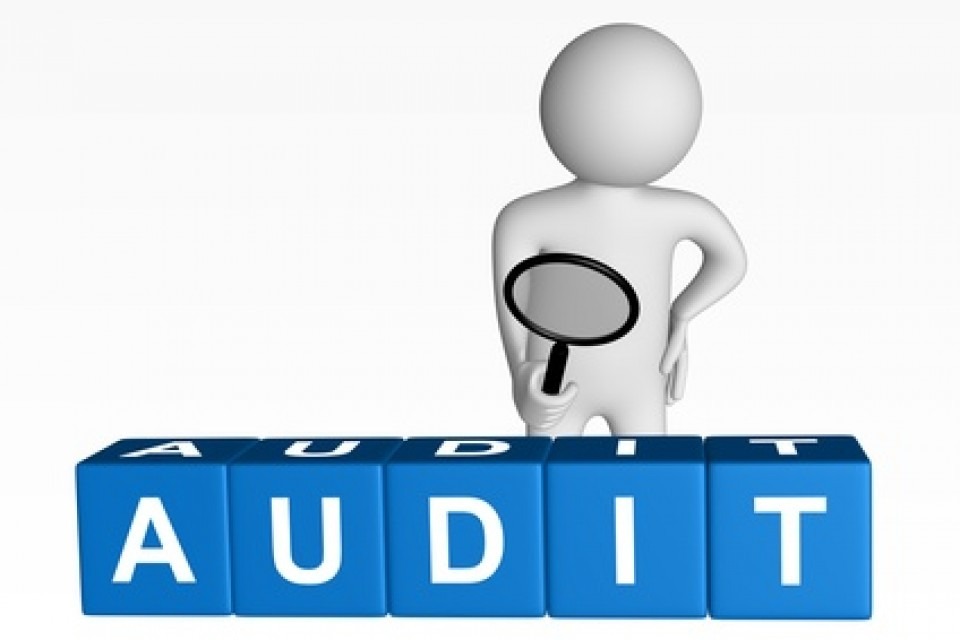
Be Aware of the Audit Issues under FRS 102
The audit of the first financial statements prepared under FRS 102 is already complete, in some cases, and for the remainder, will be well under way in the near future. The standard was first published in March 2013, over 42 months ago, but took some time to bed down. It would be easy for complacency to set in, as it seems it has been around for a while. However, auditors cannot afford to be complacent on this topic.
One of the single most important requirements from the audit perspective is that the audit team will need to have a good understanding of the new FRS 102 rules under which the financial information is prepared and the requirements for that information to be audited.
In the last ten years, many of the recently qualified auditors and accounting graduates have only trained under the International FRS framework.
It may sound silly, but FRS 102 is not the same as IFRS! It is a hybrid of old Irish GAAP and IFRS and a dangerous hybrid at that.
Good audit planning and preparation for FRS 102 is central to both achieving a good technical and efficient audit file.
The main audit issues that may arise on carrying out an audit under FRS 102 could include:
Provision of Non-audit services
Some entities will require a lot of hand-holding with the process of transition including the provision of accountancy, tax and valuation services. Tax and valuation services are often ‘farmed’ out elsewhere, so are probably less of an independence threat.
The provision of accountancy services, especially, presents both self-review and management threats. There is a significant risk that FRS 102 will increase both of these threats. Safeguards will need to be implemented and well documented by the audit team.
Taxation services
FRS 102 requires fair value re-measurement differences to pass through profit and loss. Tax issues can often be more complex under the new Irish GAAP and audit personnel will need a good understanding of the taxation rules.
Valuation of fixed assets
This is potentially the most troubling area for auditors. Old Irish GAAP is largely based on historical cost accounting, with many assets measured at cost less impairment. FRS 102 demands much greater use of fair values and now makes the use of fair value mandatory in some areas.
The learning curve for the audit team
It may take a considerable amount of time for financial statement preparers to fully understand the requirements of the new standard and the relevant implications.
Some of the implications are only becoming apparent now, over three and a half years since FRS 102 was first published!
The audit plan should assess the risk that those who prepared the accounts may not have a complete understanding of the new accounting and disclosure rules.





